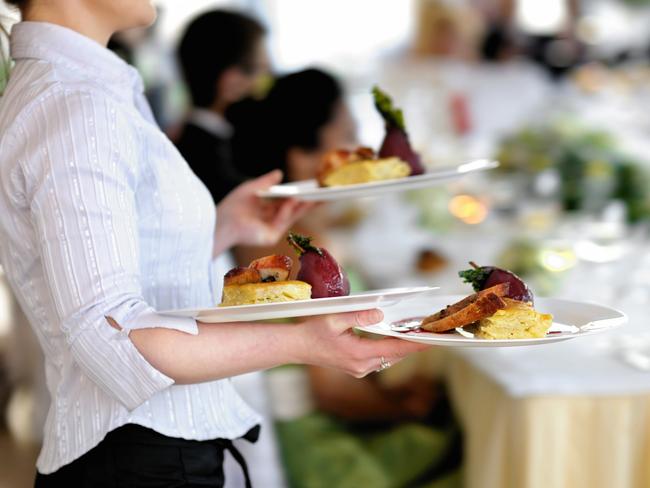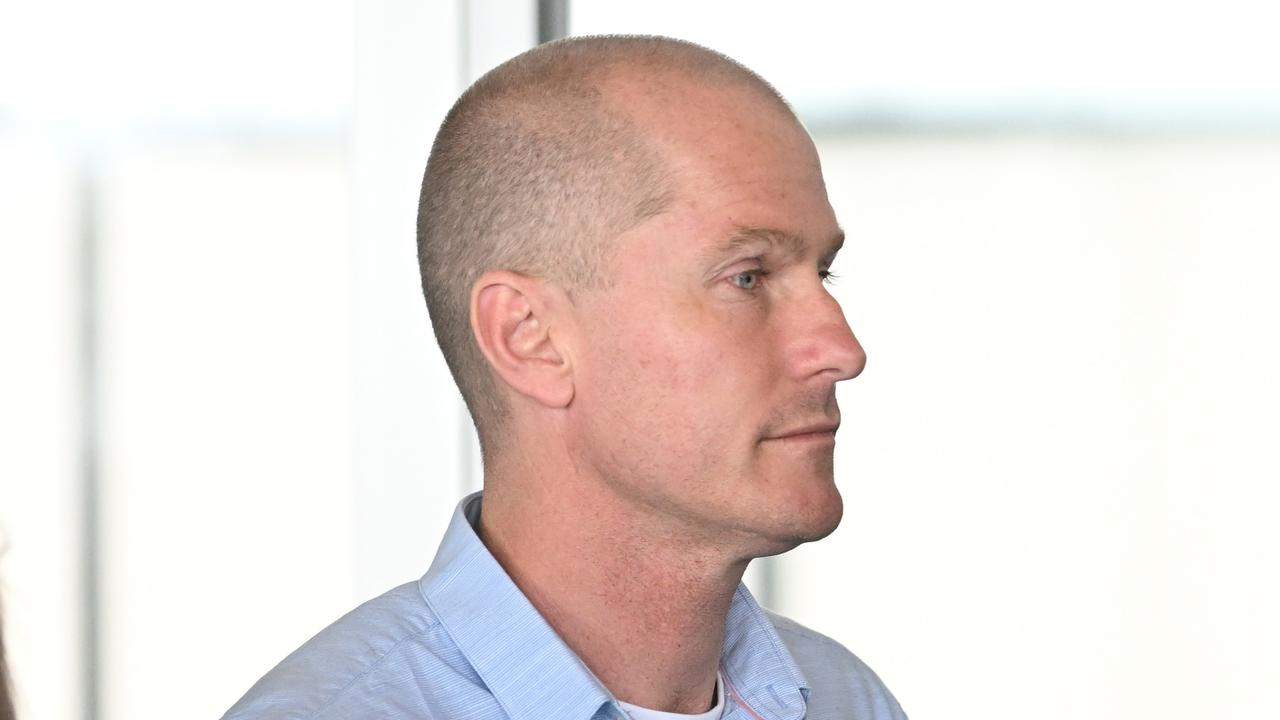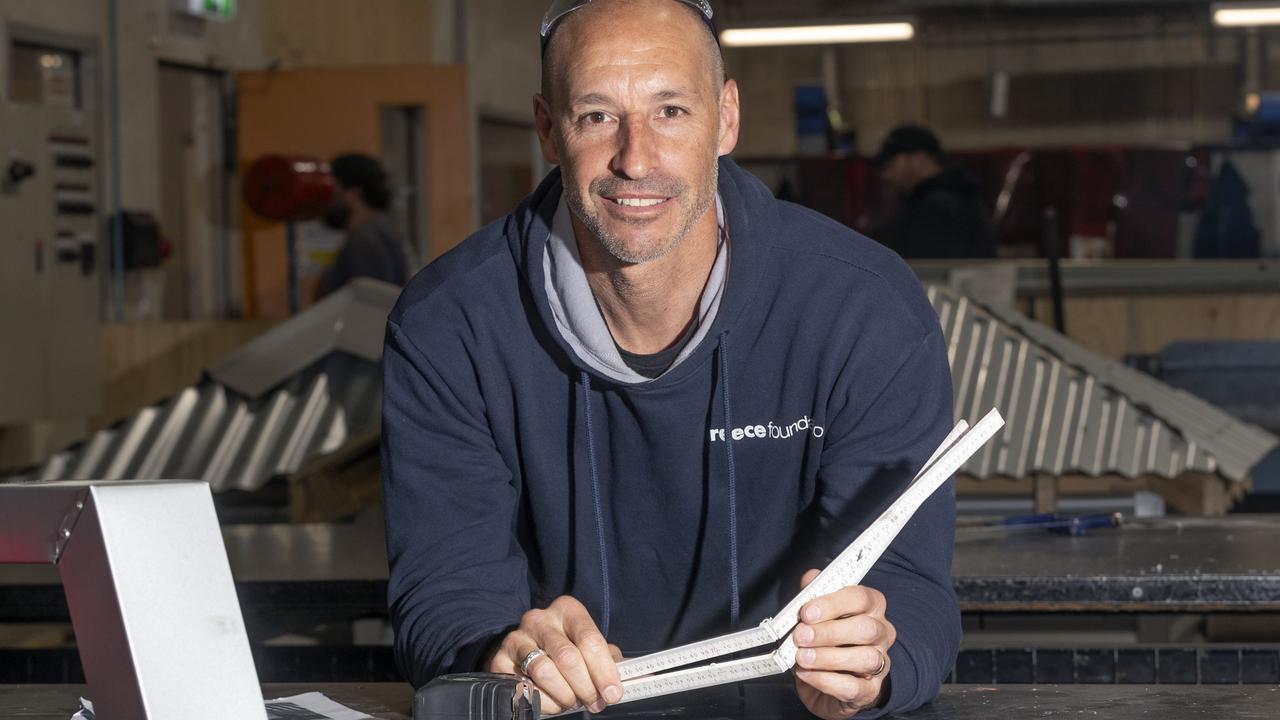Victorian government pushes Fair Work Commission for ‘substanial increase’ in minimum wage
The Victorian government is pushing the Fair Work Commission for a “substantial increase” in the minimum wage — well above what other states want — saying it’s a necessity, not a luxury.

Victoria
Don't miss out on the headlines from Victoria. Followed categories will be added to My News.
The Victorian government is pushing for a “substantial increase” for workers on minimum and award wages, well ahead of the “economically responsible” lift other states want and amid warnings too big a rise would drive up inflation.
Retail, hospitality, accommodation, health care and aged care workers would be the biggest beneficiaries of the proposed boost, which the government says would provide vital cost of living support to low-income households.
“A pay rise for minimum and award wages workers isn’t a luxury – it’s a necessity,” a Victorian government spokesman said.
“It’s time to prioritise the financial security of our lowest-paid workers and a substantial increase in minimum and award wages will mean more money in the pockets of our lowest-paid workers – it’s as simple as that.
“We know many women work in industries that have historically been undervalued and underpaid – it is time to tackle these inequities and ensure that all workers are treated fairly and equally.”

But not all governments have been as strong in their support.
The NSW and Queensland governments have requested an “economically responsible” increase, while WA and SA governments urged the Fair Work Commission (FWC) to take a “sustainable” approach.
The federal government has called for a minimum and award wage rise in line with inflation, which was 4.1 per cent in the year to December 2023, to ensure low-paid workers “do not go backwards”.
The minimum wage last year rose 5.75 per cent to $23.23 an hour.
In its submission to the FWC’s annual wage review, the Victorian government acknowledged that an increase may affect small businesses.
But it says inflation continues to erode the real value of workers’ wages – reducing their living standards, discretionary income and longer-term savings.

“The Victorian government calls on the FWC to consider applying a higher increase to modern award wages for those award reliant workers who are in the lower paid and often female dominated sectors, such as retail and hospitality, accommodation and food services, and health care and social assistance,” its submission states.
“This would go some way to narrowing the persistently wide gender pay gap, particularly in the female dominated health care and social assistance and aged care sectors.”
Economist Saul Eslake said the case for a rise above inflation, other than based on equity, wouldn’t stack up.
Mr Eslake said if the rise was higher than inflation and productivity growth was about 2 per cent, inflation would not fall into the Reserve Bank of Australia’s target band.
He said this could lead to an interest rate hike because workers in other sectors would demand a pay rise in line with the minimum wage.
The government argued against any delays to award increases due to the cost of living crisis, stating the cost of bread and milk has risen more than 20 per cent in the past two years.
It urged the FWC to ensure minimum wage growth doesn’t lag behind private sector increases, which grew by 3.9 per cent in the year to September 2023.
It also called for a rise for apprentices to lift completion rates, saying the age an adult apprenticeship is deemed to commence should be lowered from 21 to 18 years.




